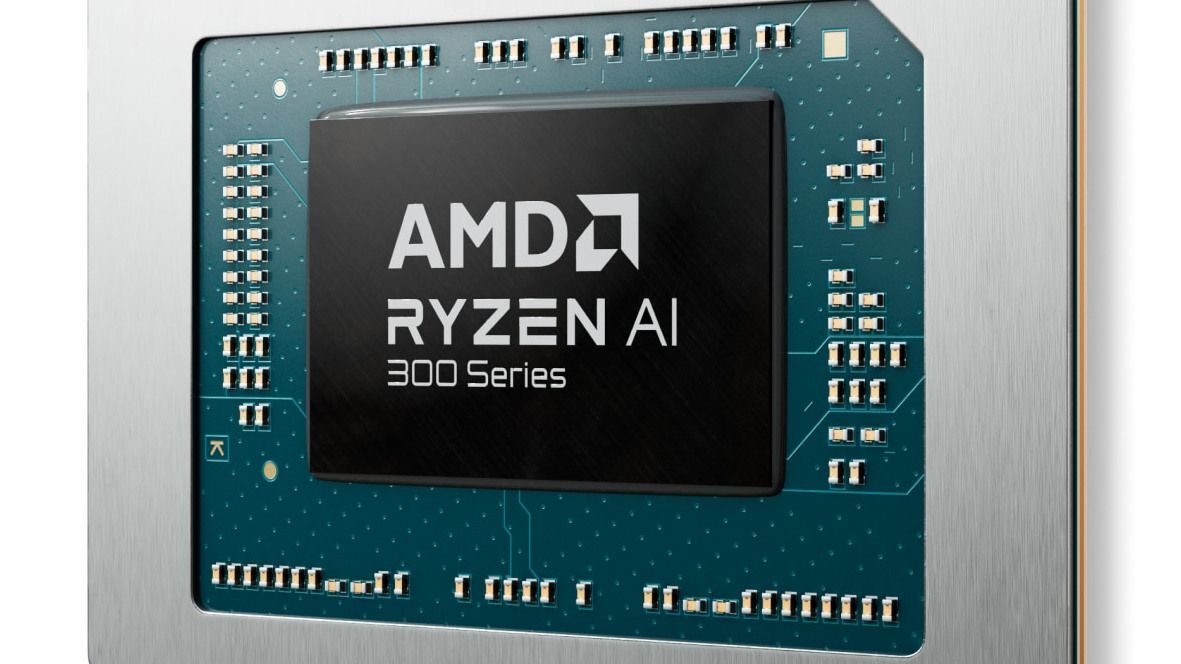In another attempt to convince us that “AI PCs” are somehow fundamentally different from the PCs we’re already using, AMD has officially dropped support for Windows 10 from its new AMD Ryzen AI 300 Series platform. This can be observed by glancing at the official AMD Ryzen AI 9 HX 370 specs page, which now only lists 64-bit versions of Windows 11, Red Hat Enterprise Linux, and Ubuntu as having official support.
Is this a big deal? It depends on how much you like using Windows while also disliking Windows 11. Personally, I prefer Windows 10 as a daily driver, and will only resort to Windows 11 use for professional needs.
That said, the gaming performance and compatibility of Linux operating systems get better every day, so dropping Windows 10 shouldn’t necessarily be a deal breaker for these CPUs. After all, the Ryzen 9 AI 9 HX 370 can perform formidably, even in Silent mode. But users who were interested in those laptops and wished to downgrade to Windows 10 are now totally out of luck, it seems.



I mean, there’s always another option beyond W11, if you catch my drift
*loud penguin noises*
I will help anyone who is interested in installing Linux
I really need to get GPU Passthrough sorted
If your motherboard supports it, it’s really easy
Ensure IOMMU is enabled and run the little script in section 2.2 to see if you can isolate the graphics card
https://wiki.archlinux.org/title/PCI_passthrough_via_OVMF
After that, you can do everything in the virtual-manager GUI
Could you please explain how to do it in only the GUI? I need to disable my Nvidia GPU with scripts, detaching the GPU from my main OS, before I can pass it. It’s not 100% reliable
I’m working off the assumption you are using one GPU for the host and one for the guest
The guest one is permanently blacklisted on the host, and you can select the passthrough settings in the GUI
If you’re dynamically detaching the GPU, my statement was incorrect
Oh okey, then I am with you! I have an integrated GPU in my processor that have been tinkering with but for my usecase it’s not enough. Ideally would I need two external GPUs in my system so I can game on both Windows and Linux without rebooting or leaving Linux. Detaching a GPU from a running system is quite messy 😅
I’ve been very uninterested in linux as I use my pc predominantly for gaming but after I got a Steam Deck I am very interested in swapping over to bazzite by the time windows 10 support ends as I saw how easy it is to get games working on linux.
I am kinda concerned that installers of games are not going to work on linux though as I install my non-steam games on my windows pc and copy them over to the deck. Do you know a way to get installers work on linux?
You want to be using Lutris for non-steam games
Or Bottles!
Lutris will let you install games like this, its pretty straightforward
can it be VM’d?
yes but that defeats the purpose
well for the handful of old-ass games I like that refuse to play nice on linux I’ll keep that in mind
If this hardware doesn’t even work on the largest PC os on the market I doubt it’ll work with Linux. Maybe in 5 years when someone reverse engineers it and writes an open source driver
If you read the article you would have seen Linux is supported
That’s a bit harsh
You don’t even need to read the article, just the summary already on lemmy